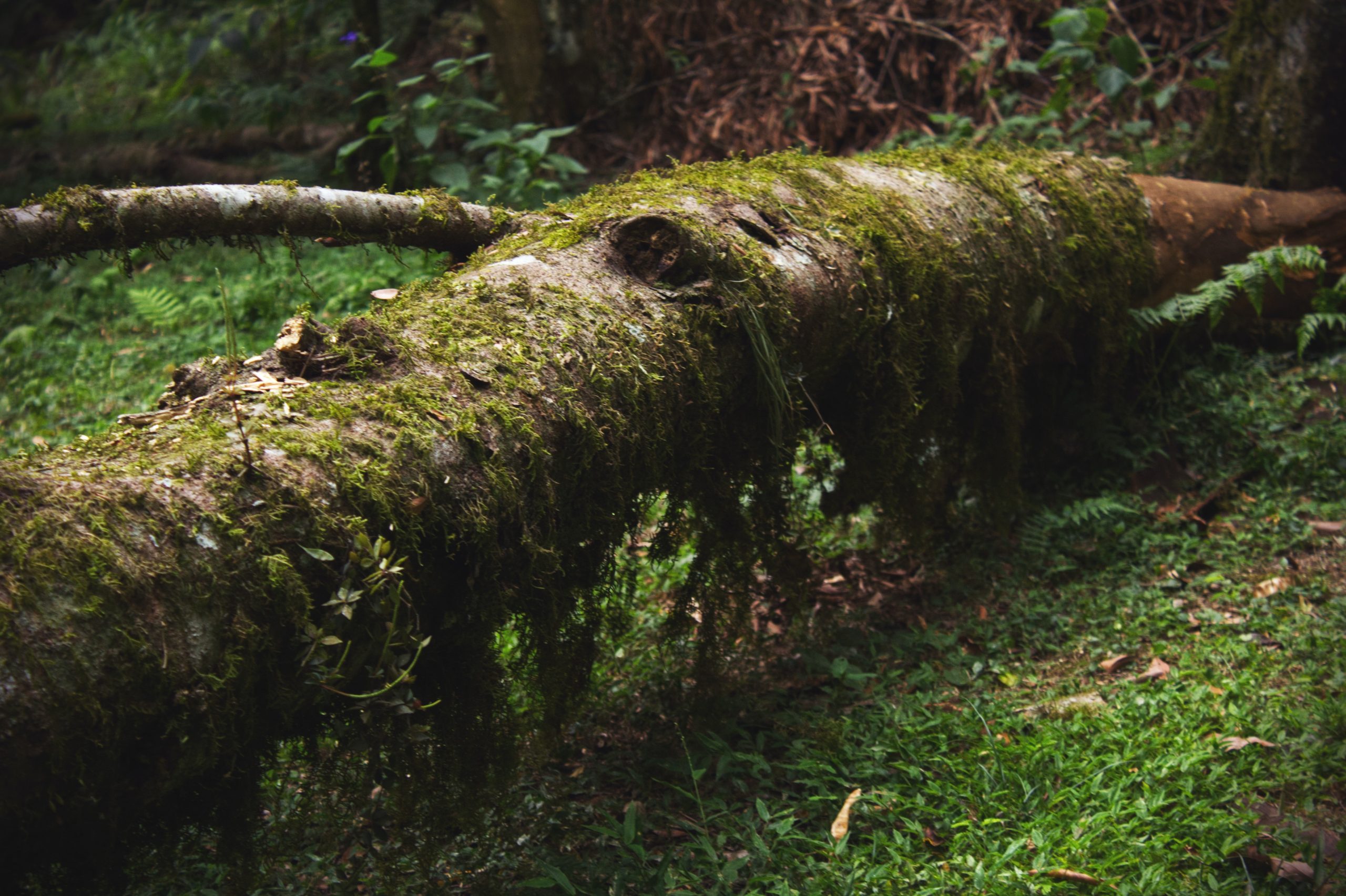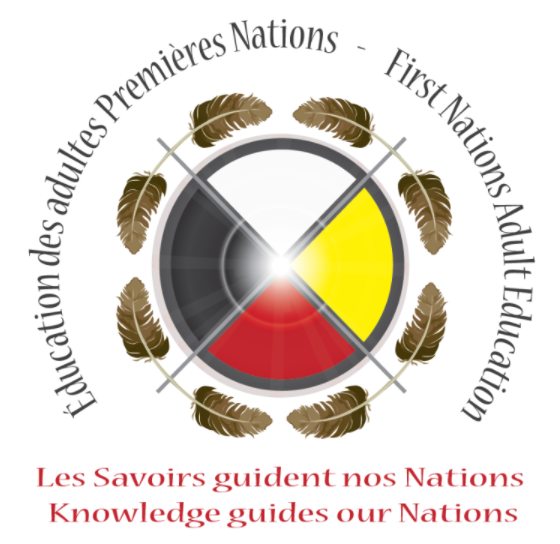
An Indigenous approach to health is holistic,
seeking balanced development in the various aspects of the self: Physical, Emotional, Spiritual, and Cognitive.
With the history of colonialism and multi-generational trauma, Indigenous peoples have been alienated from the land which provided them with a source of defining their needs, purpose and connection. This has resulted in a growing sense of dis-ease with the world they are living in, and a withering sense of control over their abilities to live happier, healthier and more balanced lifestyles.
For their ancestors, living in harmony, inside as well as outside of themselves, was a way of being. However, with the changes brought by colonization, health and maintenance of health has been removed from individuals and become the responsibility of structured external bodies of government. Alienation from ourselves and the gifts given to us by our mother, has made humans more susceptible to various diseases and consequently affecting their ability to survive as a whole. For Indigenous peoples living under the shadows of the Indian Act, imposed forms of legislation in respect to medical, social, mental, political and socio-economic factors have set even more fertile grounds for the development of illness in all aspects of their lives.
The present course is provided as a guideline for creating an understanding of wellness and Dis-Ease from an Indigenous perspective, and to support learners in being able to create and maintain their own wellness plan that is fitting with their personal systems of beliefs, their realities, as well as the traditional and cultural values of their nation(s).*
* Defining one’s identity, within an Indigenous context, has also been taken by the federal government of Canada through the Indian Act. As such, many people of Indigenous heritage may identify as being from more than one nation, or of mixed heritage.
The hope is that learners and mentors/teachers will engage in the process of self-discovery on four planes: physical, emotional, mental and spiritual. In developing a better appreciation for their challenges and their strengths throughout some of the suggested activities, they may begin to feel a greater sense of control over their wellness and means of maintaining wellness in the reality of the stressful world we now live in.
The course, and the subsequent proposed activities, are but suggestions of how to address the issues of wellness and disease within Indigenous communities. It is highly recommended that learners receive the benefit of dialogue with community members working in health and that traditional healers also be invited to share their views of wellness and healing, and the ceremonies used to help bring people back to balance.

